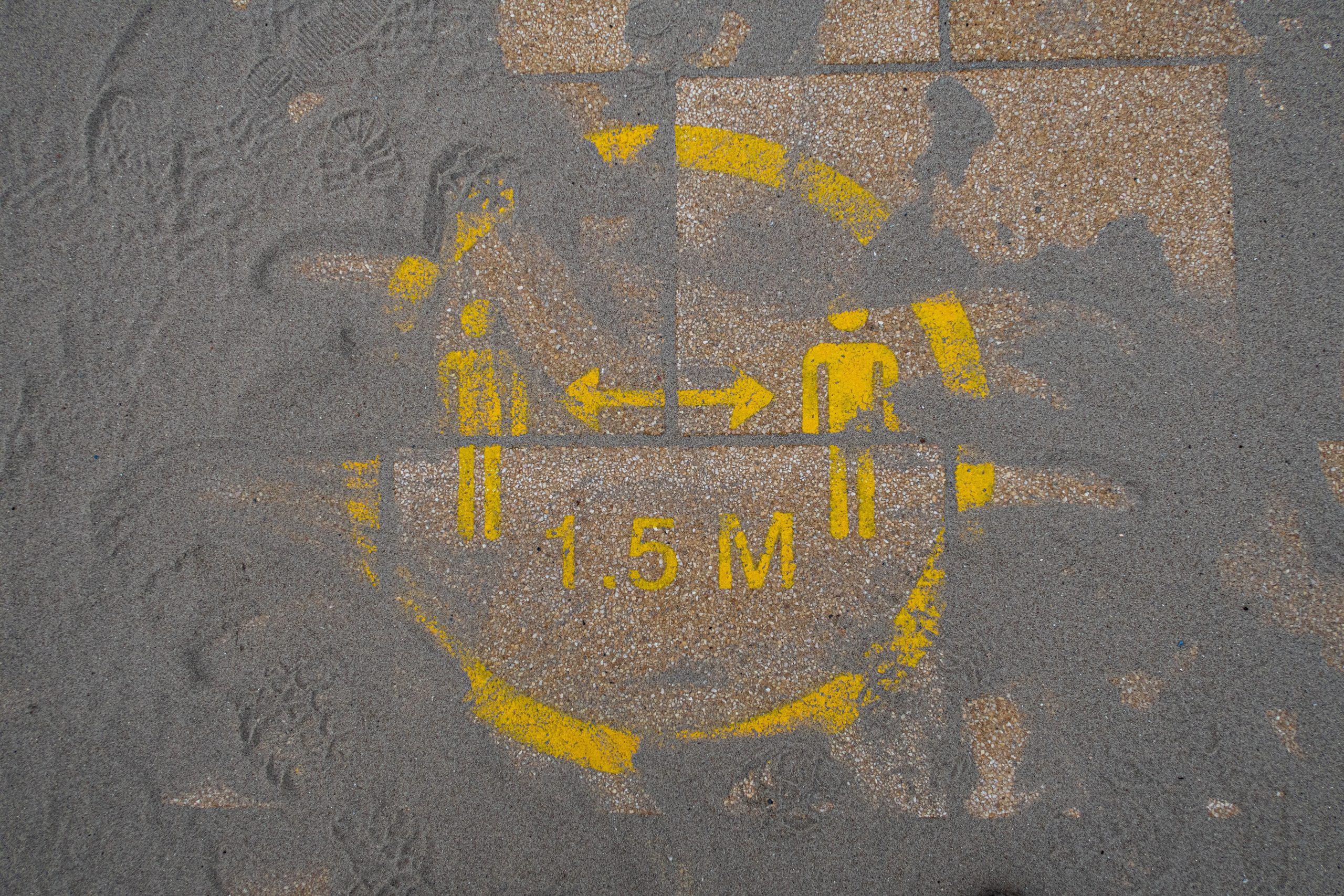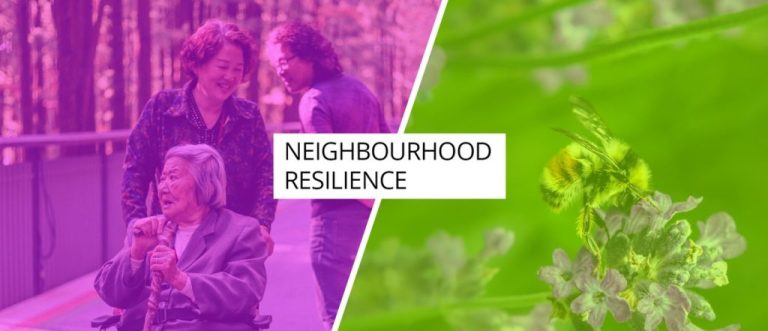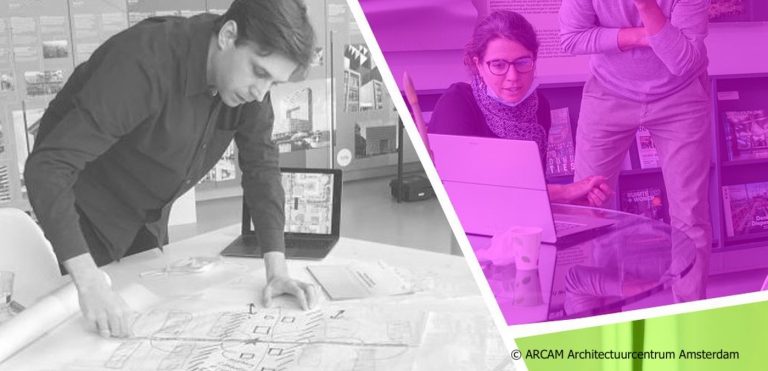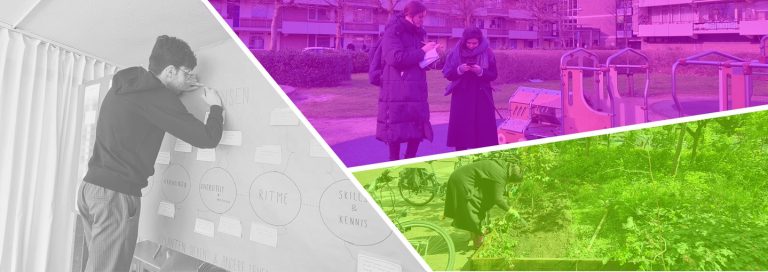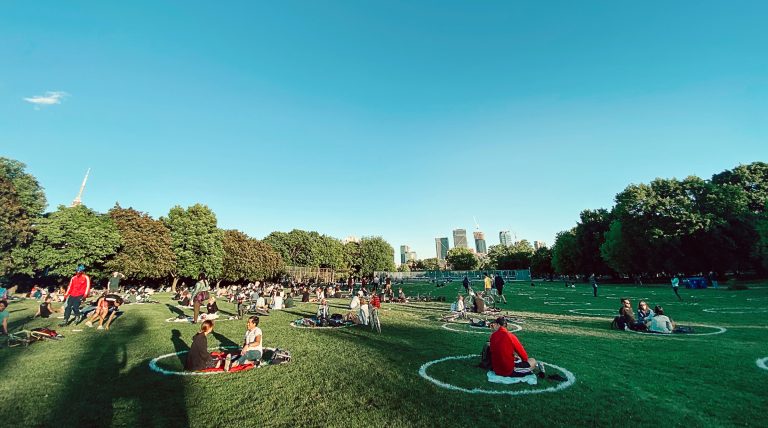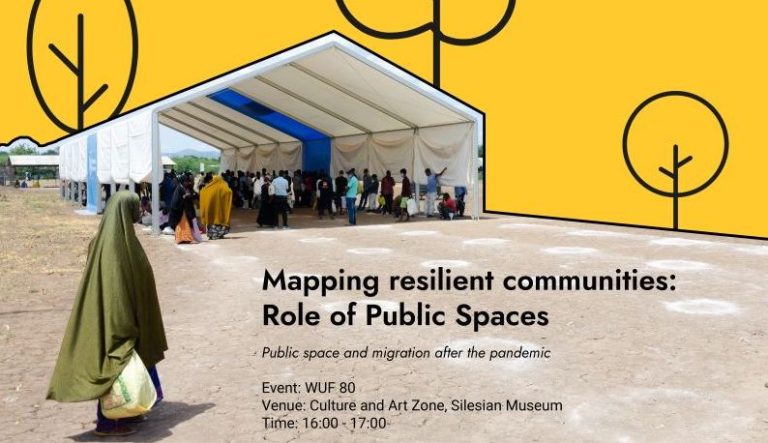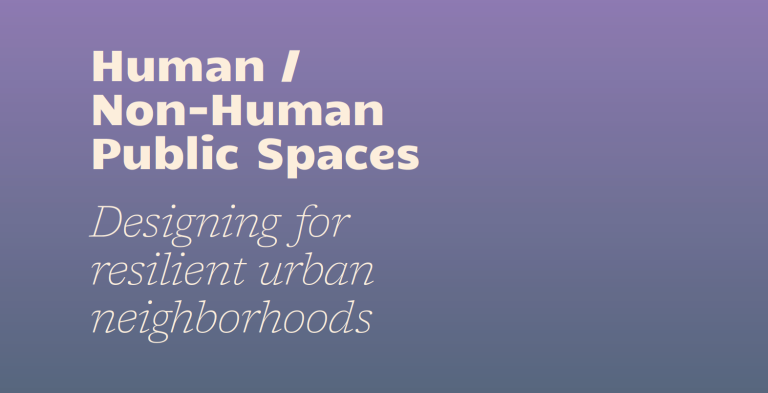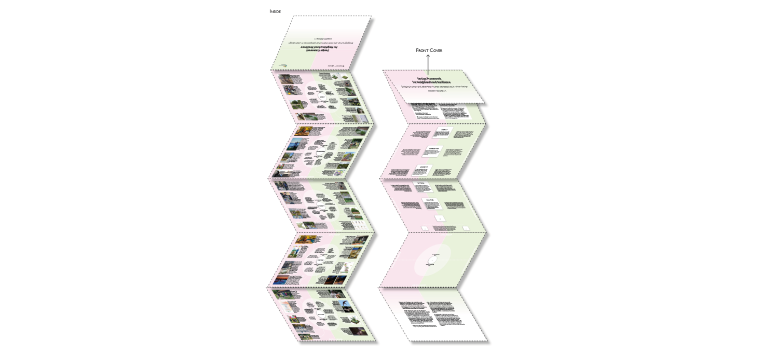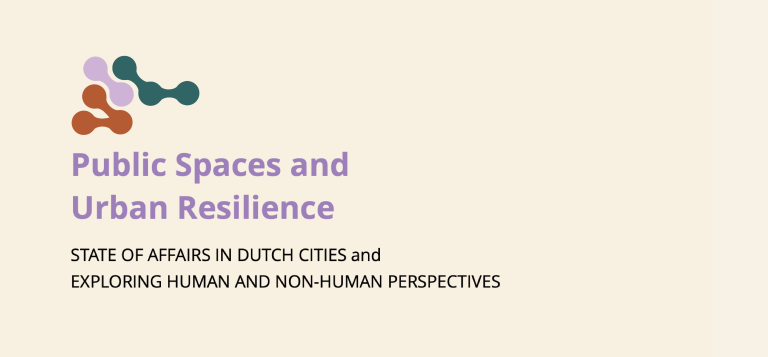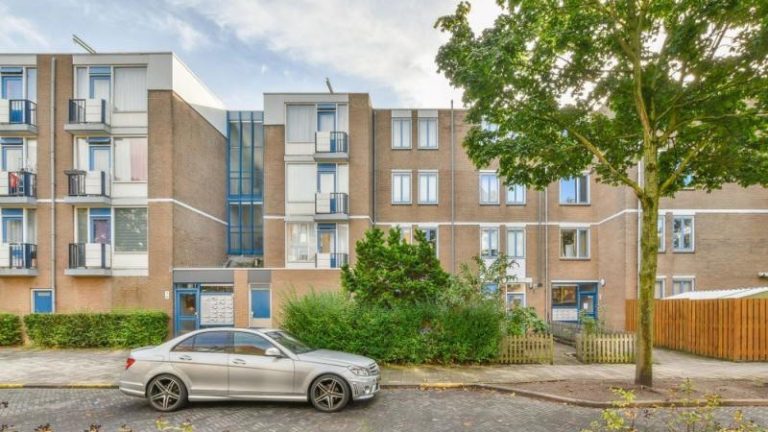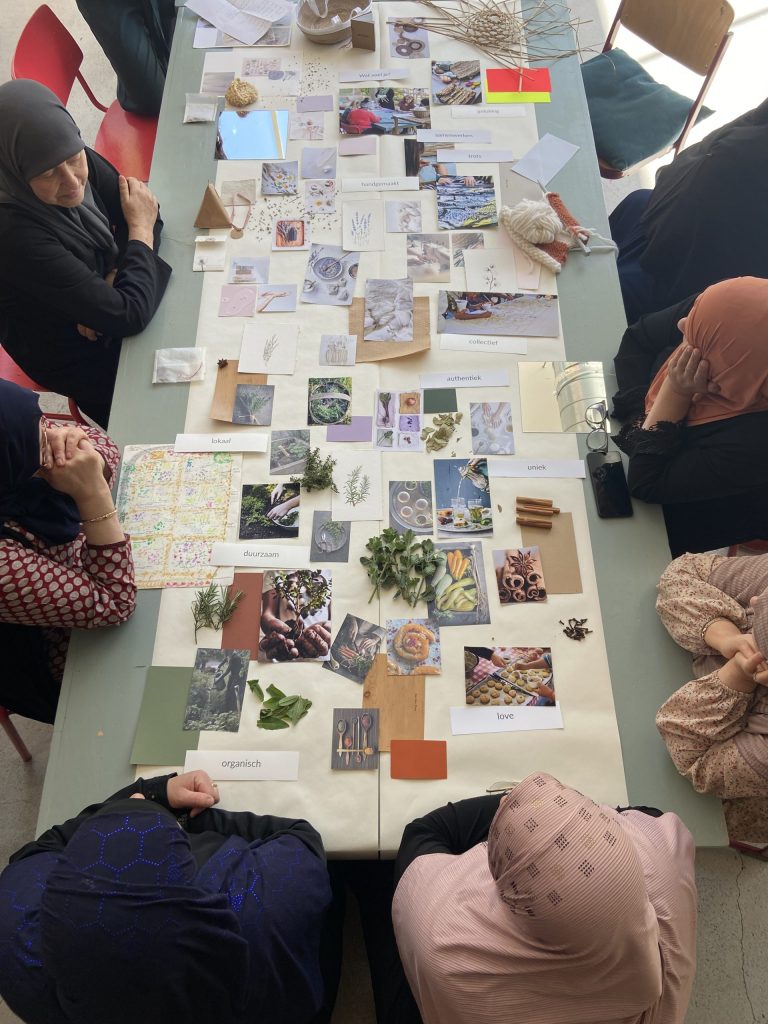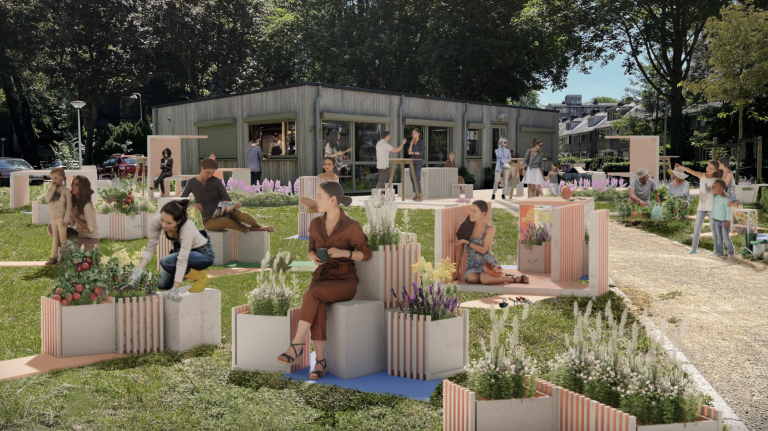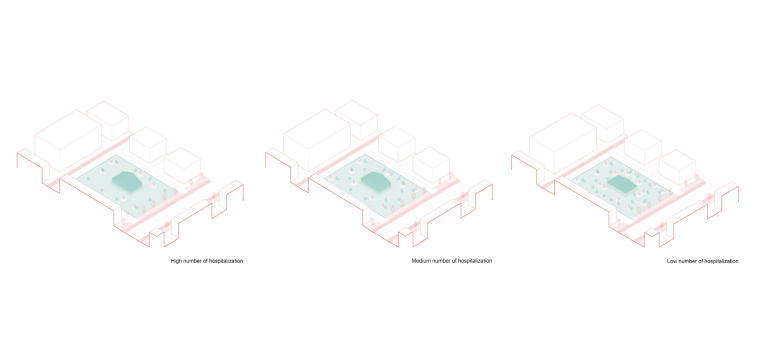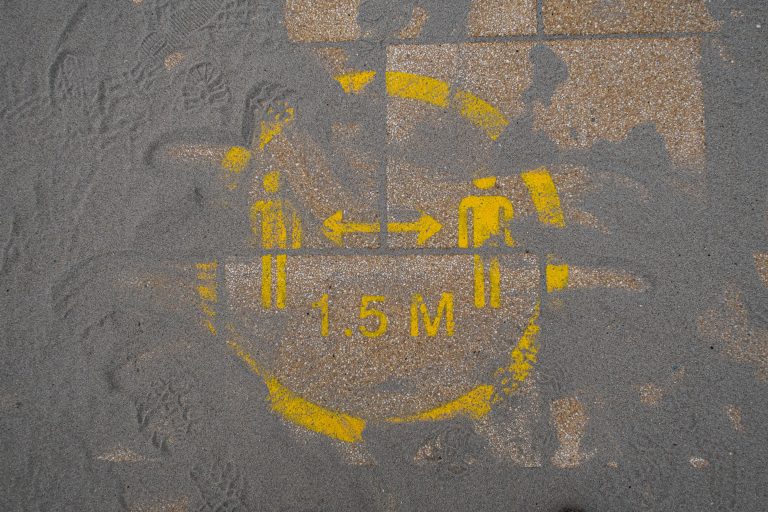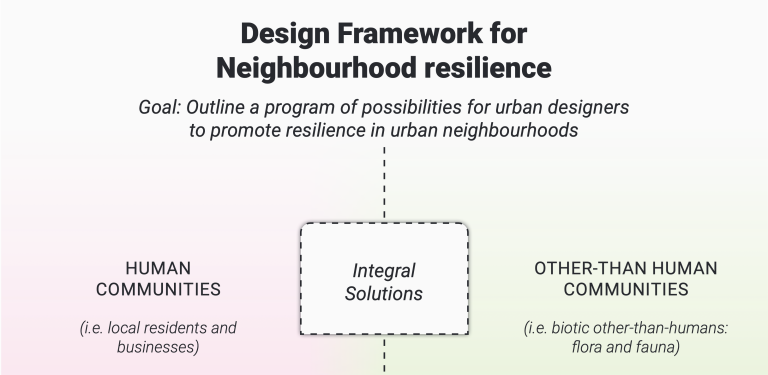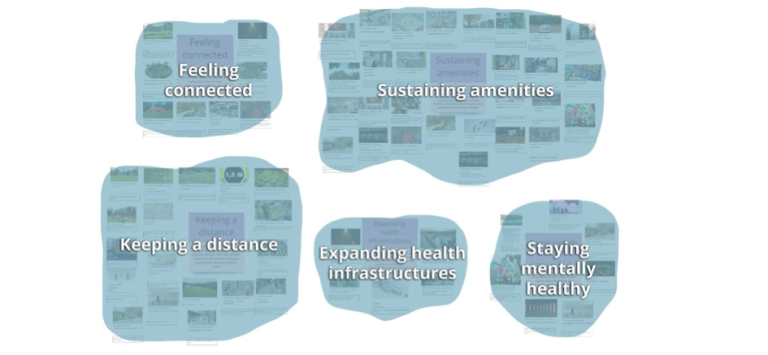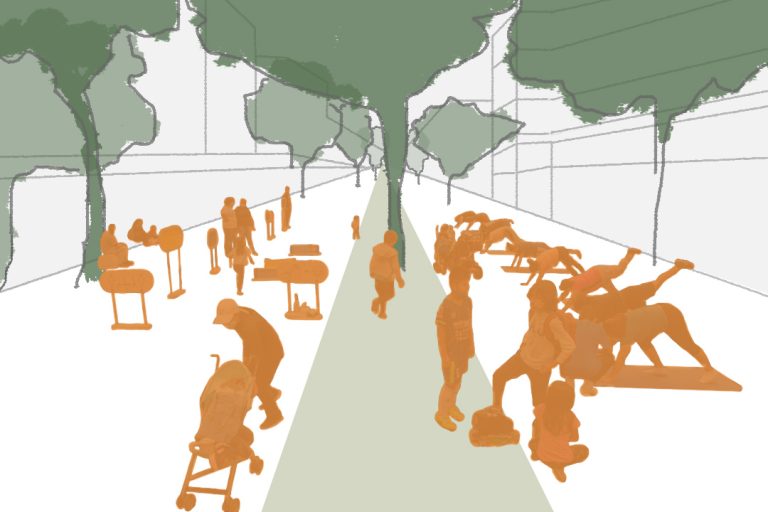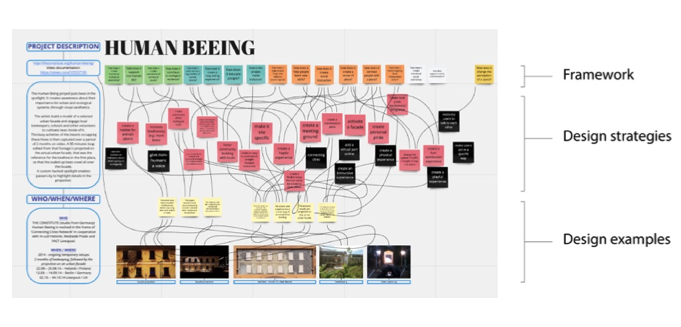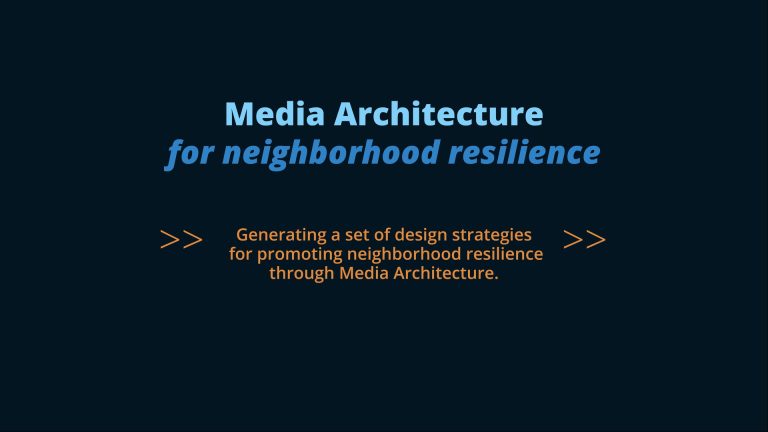Covid-19’s impact on public space: trends in Dutch cities as perceived by a Community of Practice
Abstract accepted for Public Outdoor Space and Covid-19 Symposium, which took place from 24 – 25 June 2021 at Wageningen University.
Abstract
During the COVID-19 pandemic, public spaces are being redesigned and revalued. In the ZonMW project ‘From Prevention to Resilience’, we aim to understand these changes both in the short term, mapping the more ad hoc responses to the pandemic in public space, and in the long term, exploring how public space can promote urban resilience with an eye on future shocks and stressors. Here we report on a series of interviews with several partners from the community of practice involved in the project. The aim was to get an initial understanding of trends concerning public space during COVID-19 in cities in the Netherlands. Based on the interviews, we have identified two main trends. The first trend concerns the rapid shift towards soft mobility, reflected in the increased pedestrian activity in residential urban areas; people started to walk and cycle more to commute and relax. The second trend refers to the increasingly versatile use of green outdoor places, attracting a more diverse group of users than before the pandemic. We suggest the identified trends help in looking ahead and considering the roles that public space can play in post-COVID cities. More specifically, they feed into two of the research goals that drive the ‘From Prevention to Resilience’ project. First, the trends help in anticipating needs and responses during future pandemics, and, as such, they offer initial handles for urban designers and planners to proactively create public spaces accordingly. Second, the trends enable us to look beyond COVID-19 and consider the resilience of cities and their neighbourhoods in a more integral manner. In particular, the trend towards greener public spaces invites us to look at resilience from both a social and ecological perspective, acknowledging their potential to enable versatile use, foster social cohesion, and contribute to the goals of climate adaptation and biodiversity.
Keywords: Research-through-design; public space trends; pandemic; community of practice; neighborhood resilience.
